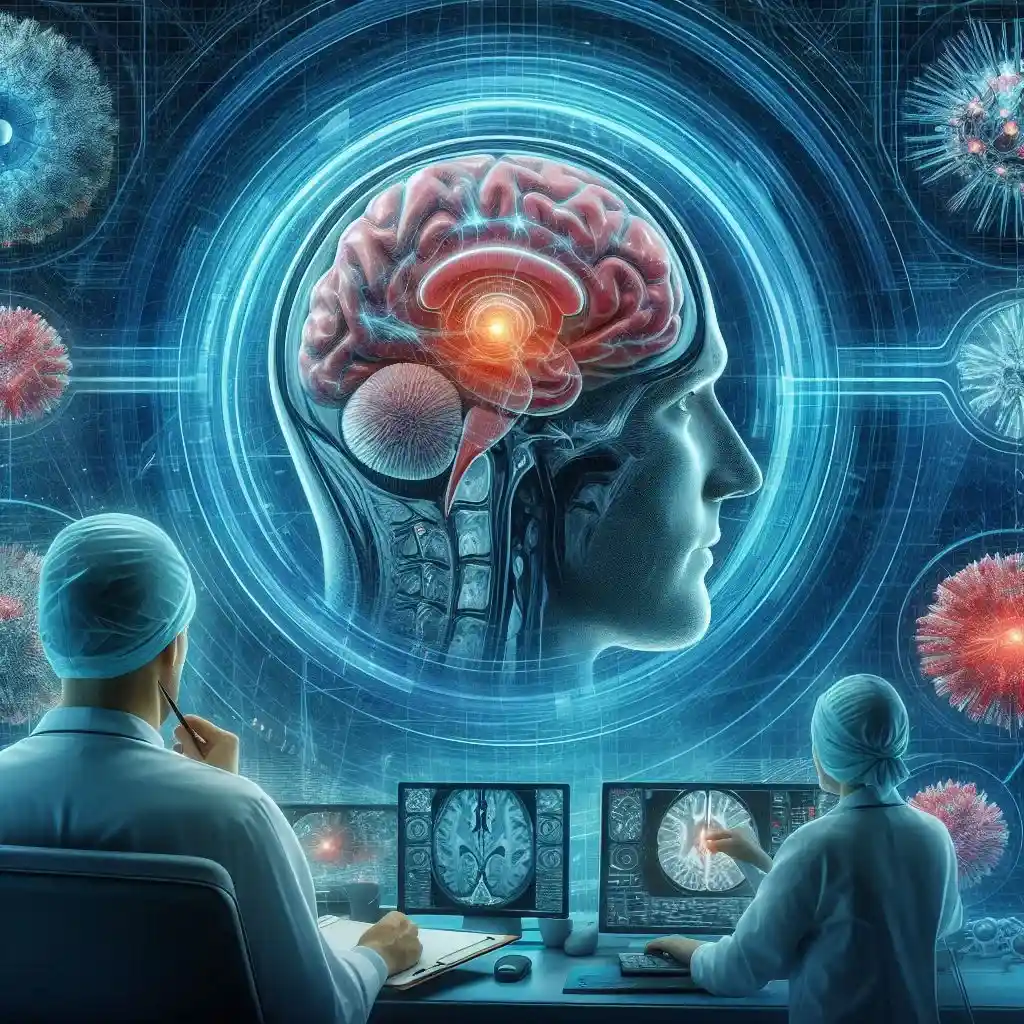4 Ways Brain Tumor MRI Results Influence Treatment Options

A brain tumor diagnosis can change the treatment options available. The results from a brain tumor MRI are very important in deciding what treatment a patient will get.
This imaging tool gives doctors clear pictures that help them see the size, location, and features of the tumor. With this information, they can choose the best treatment plan.
In this post, we’ll look at how brain tumor MRI results affect treatment choices. This will help you understand how important MRIs are in treating brain tumors.
1. Diagnosis Confirmation and Tumor Characterization
Once a tumor is suspected, imaging provides crucial details that help healthcare professionals categorize it effectively. The clarity of MRI images allows doctors to see the tumor’s characteristics-its size, shape, and density. It offers insight into whether it is benign or malignant.
Moreover, MRI scans can reveal associated features such as the following:
- Surrounding edema (swelling)
- And mass effect (pressure on nearby structures)
These are essential for prognosis and treatment planning. For instance, a cyst on pituitary gland can mimic certain tumor characteristics, influencing how doctors approach cyst on pituitary treatment.
2. Guiding Surgical Decisions
The detailed images obtained from MRI can help surgeons understand the relationship between the following:
- Tumor
- And vital brain structures
This information is invaluable when determining the resectability of the tumor. Whether it can be safely removed without damaging essential areas of the brain. Surgeons often use MRI results in combination with other modalities such as:
- Functional MRI (fMRI)
- Or diffusion tensor imaging (DTI)
This helps to map out critical areas of the brain responsible for functions including:
- Movement
- Language
- And cognition
This multidisciplinary approach ultimately guides decisions about approaches and strategies that can improve both safety and outcomes for patients.
3. Assessing Treatment Response
Once treatment commences, whether it is surgical, chemotherapy, or radiation therapy, follow-up MRIs play an essential role in monitoring the tumor’s response. Physicians continuously assess whether the treatment is effective by comparing imaging results over time. A decrease in tumor size or a reduction in edema is often seen as a positive response to therapy.
Conversely, if follow-up MRIs reveal tumor growth or status quo, adjustments in treatment may be warranted. This may include:
- Altering chemotherapy regimens
- Or considering targeted therapies
This will impact the patient’s entire course of care.
4. Educating Patients and Families
Finally, brain tumor MRI results are vital for educating patients and their families. Understanding the intricacies of the tumor and the planned approach empowers patients to engage meaningfully in their care. When doctors explain MRI findings, they can convey the implications for treatment options more effectively.
Such transparency can alleviate fears as patients grasp their specific situation, leading to:
- Improved mental well-being
- And adherence to treatment plans
Equipping patients with knowledge, including what some terms mean in the realm of brain tumors. This will demystifies the process and fosters a sense of control during turbulent times.
Discover How Brain Tumor MRI Results Shape Treatment Decisions
Brain tumor MRI results play a crucial role in determining the best treatment options for patients. From accurately identifying the type, location, and size of the tumor to tracking its response to treatment, MRI results provide vital information that helps clinicians make informed decisions.
If you or a loved one is facing a tumor, be sure to discuss the importance of MRI of the pituitary gland with your doctor to help guide your treatment plan. Don’t underestimate the power of this imaging technology and its impact on your journey to recovery. Schedule an MRI today.
Looking for more? Make sure to bookmark our page and come back to check out more articles.






